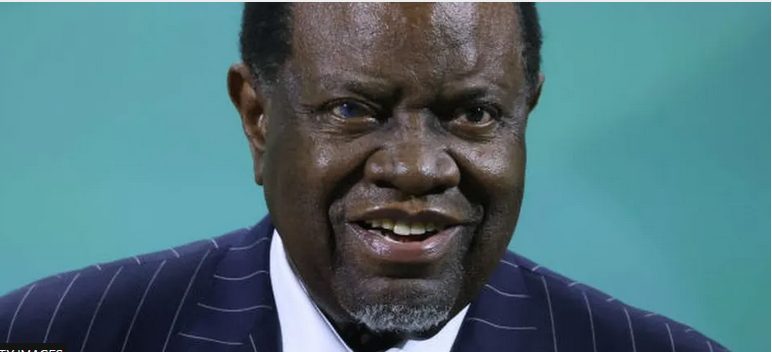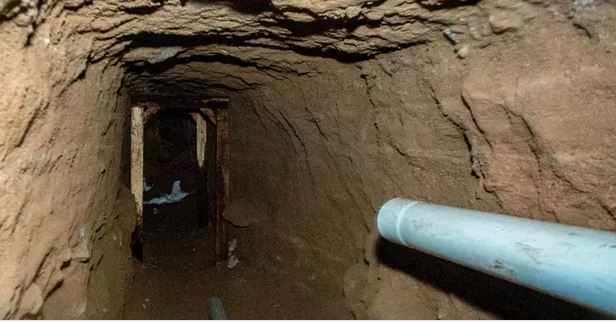The United States government has won an appeal at Britain’s High Court over the extradition of WikiLeaks founder Julian Assange.

Friday’s ruling, which overturns an earlier decision, means 50-year-old Assange may now be closer to being extradited from London’s high-security Belmarsh prison to the US, where he would face spying charges over WikiLeaks’ publication of secret military documents a decade ago.
The home secretary, Priti Patel, who oversees law enforcement in the UK, will make the final decision on whether to extradite Assange.
But the legal saga is far from over, as the court ruling handed down on Friday is also likely to be appealed by Assange’s team.
Assange’s partner, Stella Moris, said the latest ruling was a “grave miscarriage of justice,” and promised Assange’s legal team would “appeal this decision at the earliest possible moment”.
A lower court earlier this year had refused the American request to extradite Assange to the US, saying that Assange’s mental health was too fragile to withstand the US judicial system.
The US appealed, challenging that notion.
A lawyer working for the US, James Lewis, said Assange “has no history of serious and enduring mental illness” and does not meet the threshold of being so ill that he cannot resist harming himself.
The High Court in London on Friday ruled that US assurances were enough to guarantee Assange would be treated humanely and directed a lower court judge to send the extradition request to the home secretary for review.
US authorities have told British judges that if they agree to extradite Assange, he could serve any US prison sentence he receives in his native Australia.
US prosecutors have indicted Assange on 17 espionage charges and one charge of computer misuse over WikiLeaks’ publication of thousands of leaked military and diplomatic documents.
The charges carry a maximum sentence of 175 years in prison, although Lewis said, “the longest sentence ever imposed for this offence is 63 months.”
The long-running case has an implication on freedom of speech, with Assange’s supporters arguing WikiLeaks has the same rights as other media to publish secret material in the public interest.
Pro-Assange supporters gathered outside the court, waving placards and demanding his immediate release from Belmarsh.
Rebecca Vincent, who heads the UK branch of Reporters Without Borders, tweeted:
This is an utterly shameful development that has alarming implications not only for Assange’s mental health, but also for journalism and press freedom around the world.
Kristinn Hrafnsson, an Icelandic journalist with WikiLeaks, wrote on Twitter:
On UN Human Rights Day a UK court throws investigative journalism into darkness and continues the torture of #Assange. This fight will not end here.
Source: Aljazeera




